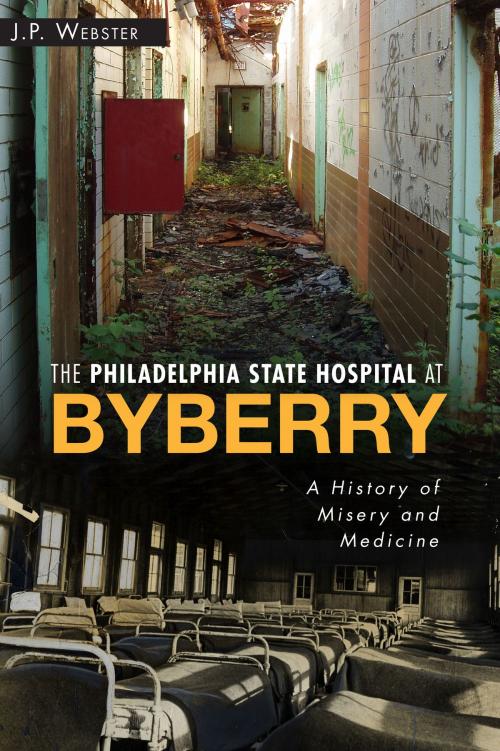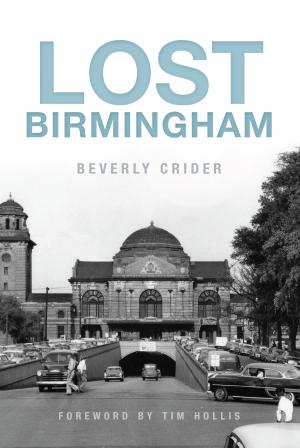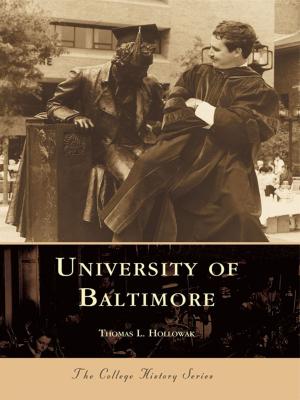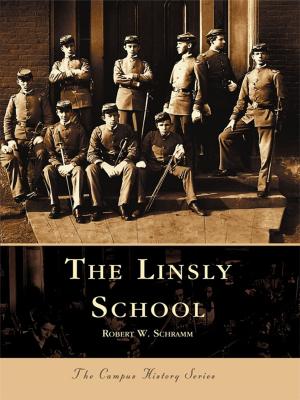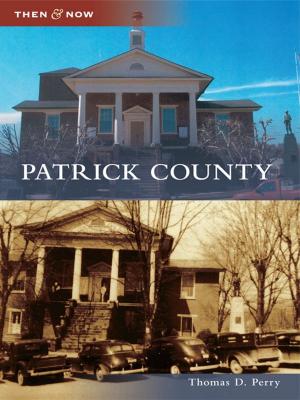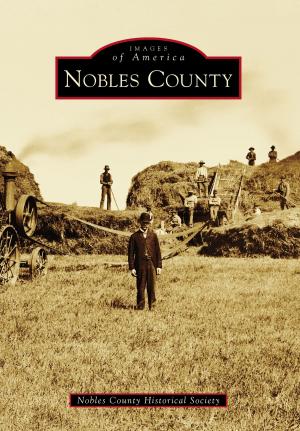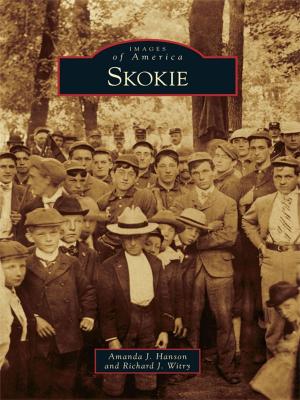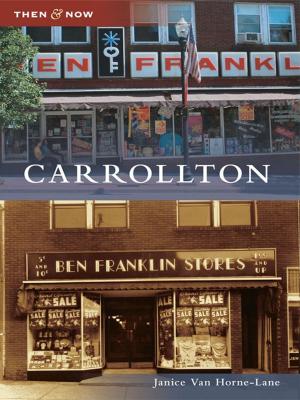The Philadelphia State Hospital at Byberry: A History of Misery and Medicine
Nonfiction, Art & Architecture, Photography, Pictorials, Photo Essays, Health & Well Being, Medical, Reference, History| Author: | J.P. Webster | ISBN: | 9781625845351 |
| Publisher: | Arcadia Publishing Inc. | Publication: | May 14, 2013 |
| Imprint: | The History Press | Language: | English |
| Author: | J.P. Webster |
| ISBN: | 9781625845351 |
| Publisher: | Arcadia Publishing Inc. |
| Publication: | May 14, 2013 |
| Imprint: | The History Press |
| Language: | English |
The Quaker City and its hospitals were pioneers in the field of mental health. Yet by the end of the nineteenth century, its institutions were crowded and patients lived in shocking conditions. The mentally ill were quartered with the dangerously criminal. By 1906, the city had purchased a vast acreage of farmland incorporated into the city, and the Philadelphia Hospital dubbed its new venture Byberry City Farms. From the start, its history was riddled with corruption and committees, investigations and inquests, appropriations and abuse. Yet it is also a story of reform and redemption, of heroes and human dignity--many dedicated staff members did their best to help patients whose mental illnesses were little understood and were stigmatized by society. Join author J.P. Webster as he explores the fascinating and complex history of the Philadelphia State Hospital at Byberry.
The Quaker City and its hospitals were pioneers in the field of mental health. Yet by the end of the nineteenth century, its institutions were crowded and patients lived in shocking conditions. The mentally ill were quartered with the dangerously criminal. By 1906, the city had purchased a vast acreage of farmland incorporated into the city, and the Philadelphia Hospital dubbed its new venture Byberry City Farms. From the start, its history was riddled with corruption and committees, investigations and inquests, appropriations and abuse. Yet it is also a story of reform and redemption, of heroes and human dignity--many dedicated staff members did their best to help patients whose mental illnesses were little understood and were stigmatized by society. Join author J.P. Webster as he explores the fascinating and complex history of the Philadelphia State Hospital at Byberry.
